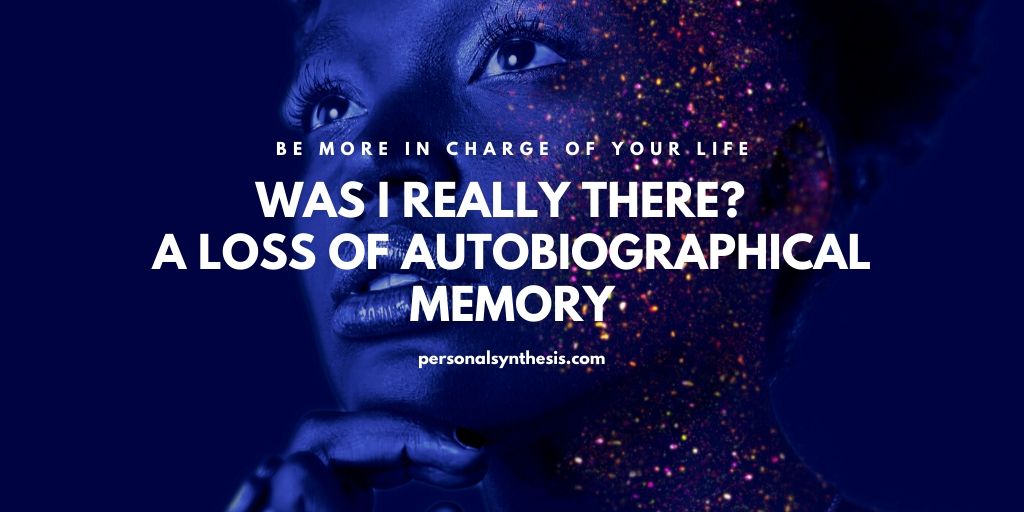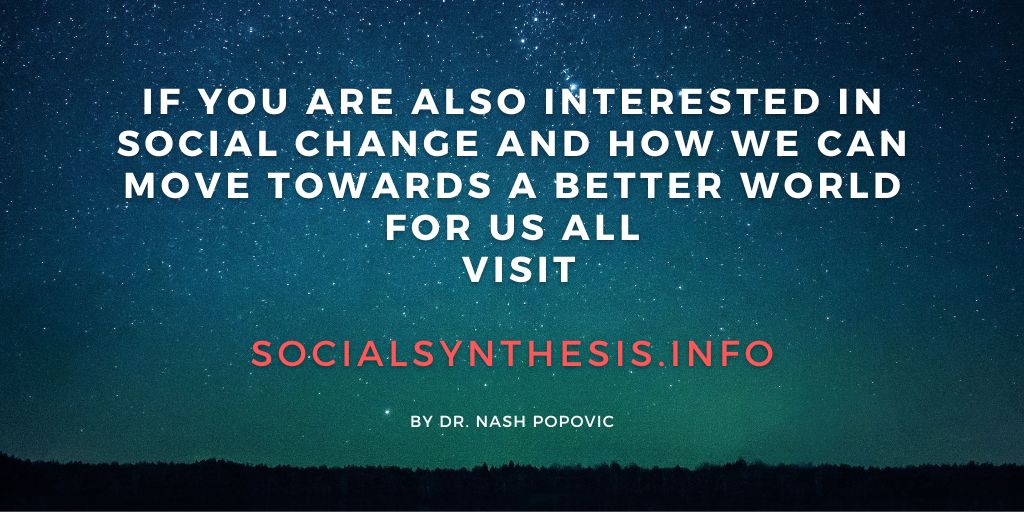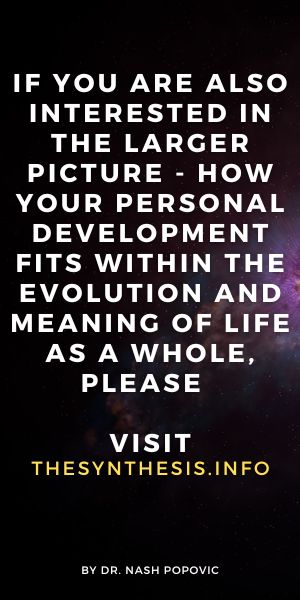Was I Really There? – A Loss of Autobiographical Memory

Pedja Stankovic and Dr. Nash Popovic in conversation
P: This is something that has bothered me for a quite long time but a few recent situations have made me really worry.
I recently met some old friends. As usual, we first inquired about each others’ present lives – health, job, kids, families, what other people we know are doing and so on. After a while the conversation naturally moved to old memories and funny situations from our youth. Everybody, of course, participated and enjoyed themselves. I did too, but … although I was definitely a part of many of these anecdotes, some I couldn’t recall at all. It is not that I couldn’t recall certain details – I could not remember anything at all! Some of these situations had been repeated over time (at least my friends said they had), but I wasn’t able to find them anywhere in my memory. Blank. Nothing! And in some of them I was not only involved, but I was the “leading actor”!
My friends’ reactions were to be expected: ‘Don’t you remember?’; ‘Come on, it is not possible to forget that!’; ‘You are kidding, aren’t you?’
And teasing me, of course. I very much like to be the subject of teasing and jokes, I very often make jokes about myself too, so that’s normally fine. This time though, I didn’t enjoy them at all. I was not kidding nor pretending that I’d forgotten – these stories were simply not in my head.
At the end I started to ask myself how all of that was possible…. and I wasn’t able to find an answer. Let’s be fair – a man in his fifties usually doesn’t have the sharpest memory and this is to be expected. With so many things that have happened in one’s life it is normal to lose some memories. I don’t have very high expectations in this respect from myself. On the other hand, I don’t think it is typical to completely forget some situations, particularly those that lasted and those in which I was personally involved. How come that other people can remember something that I was a part of, and I can’t?
And then, of course, the thoughts about the future started whirling around: ‘If I perform so badly in this respect now, what can I expect in 10 years? Is this something that needs to be taken care of? If it is, then what do I do?’
I find all of this a bit sad for someone who was, as a kid, known for his very sharp memory and ability to remember songs, stories, and various other things.
I should add that my way of reasoning, decision-making and thinking in general are still good, at least I haven’t noticed any significant deterioration. I am not sure if this has anything to do with the above problem but it may be worth mentioning that I am also mostly fine with my daily tasks – I don’t forget them. I have a lot of things to remember at work and at home, and I still keep my image of a very responsible and reliable person. Without a good memory all these wouldn’t be possible. I am really not sure how to combine this quite good memory with its apparent loss, as described above.
N, please, can you shed some light upon this and make some suggestions if you can. I’ll try not to forget them
N: Let’s start from the last bit. First of all we need to understand that we don’t have one memory but at least two: a short-term memory and a long-term memory. Short-term memory has a fairly limited capacity; it can hold about seven items for no more than 20 or 30 seconds at a time. Long-term memory, on the other hand, can store unlimited amounts of information indefinitely. Part of long-term memory is so called autobiographical memory: remembering episodes from your own life.
Why is this important? Because a loss of autobiographical memory is unlikely to have anything to do with an early onset of Alzeimer’s disease (the most common type of dementia). This is because dementia mostly affects short-term memory. Your old memories are pretty much safe, at least for a while (in later stages it can lead to the fragmentation of the long-term memory too). Your case seems to be the opposite.
Most likely you experience severely deficient autobiographical memory (SDAM) with otherwise preserved cognitive function. The self-reported inability of those who have SDAM to recollect personally experienced events is corroborated by the absence of Magnetic Resonance Imaging biomarkers associated with episodic recollection. Yet learning and memory were otherwise intact, as long as these tasks could be accomplished by non-episodic processes. Thus, these individuals function normally in day-to-day life, even though their past is experienced in the absence of recollection.
Now, we are all on the spectrum in terms of so called autobiographical memory – some people are very good at this, some people are not so good. This is important to know as it means that this inability to recall past events does not necessarily indicate something else or something much worse to come. So, try to think if you were always bad at recalling past events, or is this something new? If you were – perhaps you are simply on the low end of the spectrum!
You can also test yourself: do you remember your wedding day, the day your child was born, what you were doing on 9/11? If you can, this is good news. You cannot remember some events because you lack any association with them. In other words, you need more context: events such as pranks with friends need more context to be remembered. It is not necessarily that the memory is gone, but the bridges to that memory are not there anymore.
So, what to do in such situations? Do not try too hard to remember – this is similar to ‘tip of the tongue’ situations. If we try very hard to remember the word we want to say it will not come. We only remember if we relax and let it come to us. Similarly, in this case the best thing to do is to not try too hard. Relax and ask questions that would help you put things in context: ‘When exactly did it happen? Was I still at the university or already working? Who else was there? Who was I dating at that time?’
If this is something that you would like to improve, you can also do some training: take an old photo album and look carefully at each photo and try to remember as many episodes as you can around the time of that photo. You can use any memorabilia and also music that you listened to in the past for the same purpose. You will notice that more and more memories will come back to you.
If you are still worried, or have any other symptoms, please consult your doctor.
Personal Synthesis is a handy ‘one-stop-shop’ that brings together all the areas that play a vital role in our everyday lives, from self-awareness to intimate relationships. The materials are the result of twenty years of research and have evolved through the experience of running numerous personal development programmes with the general public, young people and university students.
To learn more, please visit the Personal Synthesis materials that cover this and many other topics.



